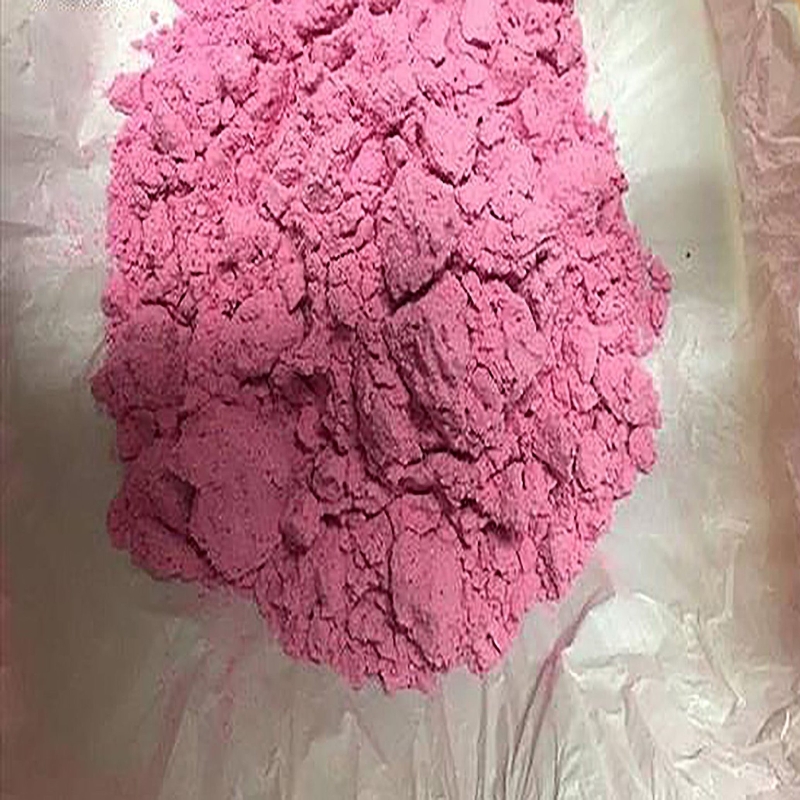-
Categories
-
Pharmaceutical Intermediates
-
Active Pharmaceutical Ingredients
-
Food Additives
- Industrial Coatings
- Agrochemicals
- Dyes and Pigments
- Surfactant
- Flavors and Fragrances
- Chemical Reagents
- Catalyst and Auxiliary
- Natural Products
- Inorganic Chemistry
-
Organic Chemistry
-
Biochemical Engineering
- Analytical Chemistry
-
Cosmetic Ingredient
- Water Treatment Chemical
-
Pharmaceutical Intermediates
Promotion
ECHEMI Mall
Wholesale
Weekly Price
Exhibition
News
-
Trade Service
Compiled and sorted out, please do not reprint
without authorization.
in patients with surgical or other surgical anesthesia.
Recently, the Society for Perioperative Evaluation and Quality Improvement (SPAQI) issued a consensus statement on the preoperative management of cardiovascular drugs, which mainly provides guidance and recommendations for the evaluation and management of common cardiovascular drugs before surgery, focusing on the treatment of hypertension, arrhythmia, heart failure, and ischemic
.
Consensus recommendations for preoperative management of cardiac medications
➤
Drugs: doxazosin, phenoxybenzamine, prazosin, terazosin
Consensus recommendation: Continue to use on the morning of the operation
Other considerations: Ensure adequate hydration, as
➤ Angiotensin-converting enzyme inhibitors
Drugs:
Consensus recommendation: Discontinue the morning of surgery
Other considerations: Continued use may be considered for low-risk, minimally invasive sedation surgery, or local anesthesia
➤Angiotensin-II receptor blocker
Drugs:
Consensus recommendation: Discontinue the morning of surgery
Other considerations: Continued use may be considered for low-risk, minimally invasive sedation surgery, or local anesthesia
➤ Angiotensin receptor - kekeratin inhibitor
Drug: sakubaqu / valsartan
Consensus recommendation: Discontinue the morning of surgery
Other considerations: Cardiology is considered in patients with severe heart failure who have a decrease in ejection fraction
➤ β-receptor blocker
Drugs:
Consensus recommendation: Continue to use on the morning of the operation
➤ Calcium channel blockers
Drugs: amlodipine , diltiazem, felodipine, nifedipine
Consensus recommendation: Continue to use on the morning of the operation
➤ Central action sympathetic blocking drugs
Drugs:
Consensus recommendation: Continue to use on the morning of the operation
➤ Direct action vasodilators
Drug: hydralazine
Consensus recommendation: Continue to use on the morning of the operation
➤ Loop diuretics
Drugs:
Consensus recommendation: Discontinue the morning of surgery
Other considerations: Consider continuing use in patients at risk of volume overload or for low-risk procedures with minor sedation or local anesthesia (eg,
➤ Thiazide diuretics
Drugs:
Consensus recommendation: Continue to use on the morning of the operation
➤ Potassium-sparing diuretics
Drugs: eplerenone,
Consensus recommendation: Continue to use on the morning of the operation
Other considerations: Evaluate the condition of the liquid before deciding to discontinue or continue use
➤
Drugs: ambesantam,
Consensus recommendation: Continue to use on the morning of the operation
➤ Cardiac glycosides
Drug:
Consensus recommendation: Continue to use on the morning of the operation
➤ Nitrovasodilator
Drugs: isosorbide nitrate, isosorbide mononitrate, nitroglycerin
Consensus recommendation: Continue to use on the morning of the operation
Other considerations: If there is recent
➤ Phosphodiesterase-5 inhibitors
Drugs: Afanafil,
The consensus recommends that if used for the treatment of
➤Class III antiarrhythmic drugs (potassium channel blockers)
Drugs:
Consensus recommendation: Continue to use on the morning of the operation
Other precautions: minimize other drugs that prolong the QT interval, closely monitor
➤ Potassium channel opener
Drug:
Consensus recommendation: Continue to use on the morning of the operation
➤ Renin inhibitors
Drug:
Consensus recommendation: Discontinue the morning of surgery
➤Class I antiarrhythmics (sodium channel blockers)
Drugs: Class:
Consensus recommendation: Continue to use on the morning of the operation
➤ Sodium channel blocker (late sodium current)
Drug: ranoxine
Consensus recommendation: Continue to use on the morning of the operation
➤
Drugs: dapagliflozin, empagliflozin,
The consensus recommended: whether diagnosed with
.
➤ For the most silencing or local anesthesia procedures with low-risk, minimally invasive, and physiologically significant hemodynamic changes, patients are advised to continue using all conventional cardiovascular drugs, including ACE inhibitors/angiotensin-II receptor blockers
.
Sahai SK, Balonov K, Bentov N, et al.
Preoperative Management of Cardiovascular Medications: A Society for Perioperative Assessment and Quality Improvement (SPAQI) Consensus Statement.
Mayo Clin Proc.
2022 Sep; 97(9):1734-1751.
doi: 10.
1016/j.
mayocp.
2022.
03.
039.







